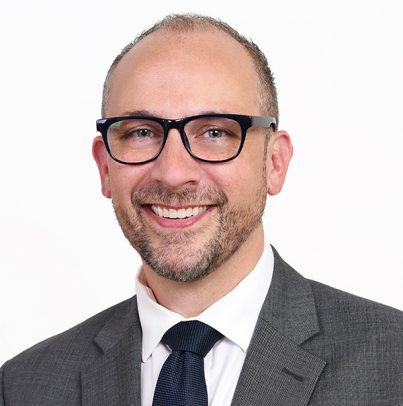UIC Nursing partners with Erie Health to create post-graduate fellowship

By Deborah Ziff Soriano
The UIC College of Nursing is partnering with Erie Family Health Centers to create a one-year, post-graduate fellowship program called AdvancingPractice. The program will equip newly graduated advanced practice registered nurses to lead health care improvements in underserved and rural communities.
The four-year-long project is funded through a $3.3 million grant from a U.S. Health Resources and Services Association (HRSA) initiative called Advanced Nursing Education – Nurse Practitioner Residency.
The goal is not to duplicate the graduate education of new advanced practice registered nurses (APRNs), but to expand upon it. Because primary care in rural and underserved settings can be particularly complex for new nurse practitioners transitioning into practice, the fellowship year is intended to serve as a bridge, giving them an opportunity to increase and fine tune health care and leadership skills, said Charlie Yingling, UIC Nursing interim associate dean for practice and community partnerships, who will serve as health education specialist on the grant.
“Not only are we equipping new graduates to provide exceptional in-scope care for their APRN role; we’re equipping them to lead change in community health,” he says.
UIC Nursing is Erie’s academic partner, which is a required component of the grant, and faculty will provide crucial aid in developing competency-based curricula, delivering the didactic components of the fellowship and evaluating the program.
Jean Reidy, senior director of nursing and clinical transformation at Erie Family Health Centers, describes the partnership as a “perfect fit.”
“The quality of education that UIC Nursing provides to its students is really noticeable,” she said. “At the same time, our missions are very aligned. UIC is focused on training nurse practitioners and midwives who will be serving in community health and reaching vulnerable populations. Erie was founded 62 years ago to serve these same communities.”
Erie, a federally qualified health center, has a rich tradition of nurse-led primary care. Overall, about 90 percent of Erie patients are low-income, with more than 60% receiving Medicaid and more than 28% uninsured, which is considerably higher than the percentage in Illinois and the nation.
The fellowship year
Through a competitive process, APRNs from all over the country with specialties in one of four areas — family practice, pediatrics, adult gerontology and midwifery — will be selected and placed at a “home base” clinic in the Erie system. Throughout the fellowship year, they will participate in specialty rotations at many of Erie’s 13 other locations across the Chicago area.
UIC Nursing clinical associate professor Kathryn Rugen, a leader in the movement to establish nurse practitioner fellowship programs across the U.S., will serve as evaluation coordinator and fellowship consultant. Denise Bockwoldt, clinical assistant professor, and Kelly Vaez, clinical assistant professor, will serve as fellowship faculty.
The year of fellowship will include mentored clinical practice, education and training in advanced clinical procedures and complex case management, and leadership and systems competencies.
Yingling said program leaders will be looking for applicants who want a career in community health at a federally qualified health center setting.
